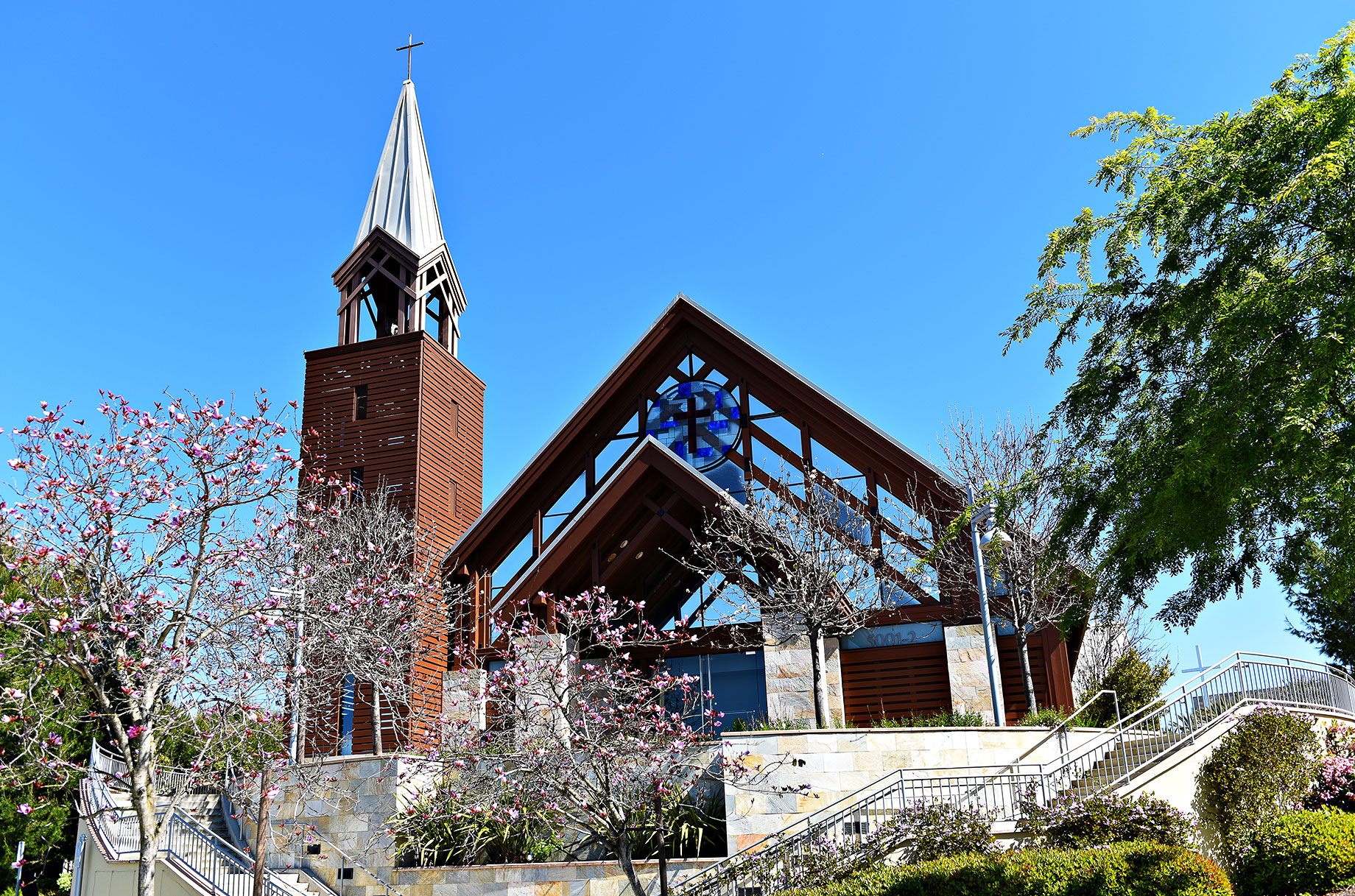
Walking into a new church for the first time can be a mix of emotions. You’re stepping into a new environment, meeting new people, and trying to figure out if it’s a place where you’ll feel at home. If that church happens to be non-denominational, those feelings might be amplified, especially if you’ve spent your life attending a traditional denominational church like Baptist, Catholic, or Methodist.
But you’re not alone. Non-denominational churches are designed with visitors like you in mind. These communities often emphasize openness, authenticity, and accessibility. Because they’re not tied to a single denomination or hierarchy, they have the flexibility to focus on building genuine connections and creating an atmosphere where everyone feels welcome.
A Warm, Casual Welcome
One of the first things you’ll notice is the relaxed atmosphere. Most non-denominational churches don’t have strict dress codes or formal rituals. You’ll likely see people wearing everything from jeans and t-shirts to business casual — and that’s perfectly normal. The focus isn’t on appearance but on creating a space where you can come as you are.
From the moment you walk in, expect to be greeted warmly. Volunteers (often called “greeters” or “hosts”) will likely welcome you at the door, help you find a seat, and answer any questions you have about the service. You might even get a free coffee or a small welcome gift.
This emphasis on hospitality is intentional. Non-denominational churches want newcomers to feel comfortable from the start. For example, Elan Church in Naperville goes out of its way to make visiting for the first time feel easy and inviting. From clear signage and friendly volunteers to a seamless check-in process for families with kids, everything is designed to take the stress out of that first visit. That level of thoughtfulness is common in many non-denominational churches. They want you to focus on the experience, not on figuring out where to go or what to do.
Modern Worship Experience
If you’re used to traditional hymns or organ music, you’ll notice right away that the worship style in a non-denominational church is different. Most services feature a live band with guitars, keyboards, and drums leading contemporary worship songs that you might recognize from Christian radio or streaming playlists.
The atmosphere is usually upbeat and energetic, though not always loud. Some moments will feel like a concert, while others will invite quiet reflection and prayer. The lyrics are typically projected on large screens so everyone can follow along. (Don’t worry if you don’t know the songs — many people around you will be singing, and you’re free to join in or simply listen and take it all in.)
What matters most isn’t how you sing or whether you raise your hands — it’s about connecting with God in a way that feels personal and genuine. The goal of this type of worship is to help people engage emotionally and spiritually, rather than just follow a set format.
A Message That’s Relatable and Practical
When it comes time for the sermon, expect a teaching style that feels conversational and rooted in everyday life. Non-denominational pastors often preach from the Bible, but their messages are typically focused on how to apply scripture to modern challenges — relationships, stress, work, purpose, forgiveness, and faith.
Instead of theological jargon or heavy doctrine, you’ll hear messages that are easy to understand, often told through stories or personal experiences. (Also, it’s not unusual for pastors to incorporate humor or multimedia elements to help bring the message to life.)
A Strong Emphasis on Community
One of the defining features of non-denominational churches is their emphasis on community. Beyond Sunday mornings, they prioritize small groups, volunteer opportunities, and social events that help people connect and grow together.
You’ll often hear about “life groups,” “connect groups,” or “community nights” — smaller gatherings that meet during the week for discussion, prayer, and friendship. These groups help large churches feel smaller and more personal, especially if you’re new to the area or looking for authentic relationships.
Many non-denominational churches also have strong outreach programs. They regularly partner with local organizations to serve their communities, from food drives and mentorship programs to international missions. If you value being part of a church that doesn’t just talk about faith but puts it into action, you’ll likely feel right at home.
Families and Next-Generation Ministries
If you have kids, you’ll find that most non-denominational churches place a big emphasis on family. There’s usually a dedicated children’s ministry for infants through elementary school, complete with secure check-in systems and age-appropriate lessons. These programs are designed to teach kids about faith in fun, engaging ways — think crafts, games, and music with a purpose.
For teens and young adults, you’ll often find youth groups or midweek programs that blend social activities with spiritual development. Parents can attend service while their kids enjoy their own safe, dynamic environments designed just for them.
What Happens After the Service
After the final song or message, most people linger for a while to chat, grab coffee, or meet others. Don’t feel pressured to stay, but if you do, you’ll likely find it’s a great way to start forming connections.
If you’re interested in learning more about the church, there’s usually an information table or “Next Steps” area where you can ask questions or sign up for an introductory class. You can also fill out a connection card (digital or physical) to get follow-up information about future events or ministries.
Remember, visiting a new church isn’t about making a lifelong commitment on day one — it’s about exploring. Attend a few services, meet people, and give yourself time to see how it feels.